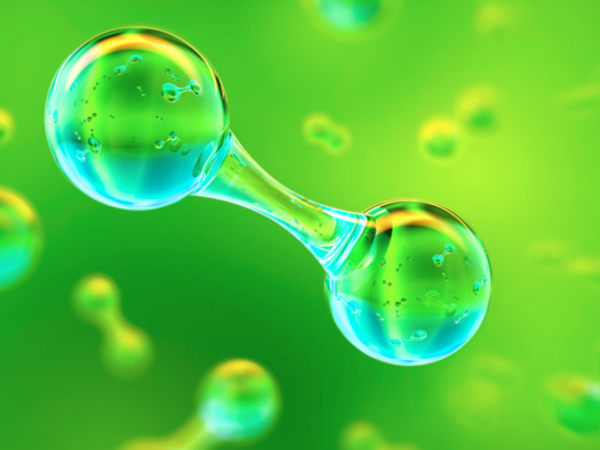There is huge potential for deep and broad cooperation between India and the European Union (EU) in the field of green hydrogen including through initiatives like the EU’s Global Gateway and thereby accelerate green transition, according to Ugo Astuto, Ambassador of the European Union to India.
His comments assume significance in the backdrop of India’s National Green Hydrogen Mission being in the advanced stages of approval as well as the EU bringing out last month its ‘REPowerEU Plan’ to end the EU’s dependence on fossil fuels including from Russia as well as to tackle the climate crisis.
Astuto was speaking at an event organised by RIS in collaboration with the Ministry of External Affairs and the EU-European External Action Service on India-EU ‘Cooperation in Green Hydrogen: Towards Sustainable Energy Transition’ on Thursday.
Noting that green hydrogen will help reduce fossil fuel dependency, he said there is a need to use investments, including those mobilized by the Global Gateway to develop and strengthen the green hydrogen ecosystem.
The EU’s ‘REPowerEU Plan’ aims, among other things, to boost Green Hydrogen Partnerships to facilitate green hydrogen import (to the EU) and support the ‘decarbonisation in the partner countries’. REPowerEU has “set a target of 10 million tonnes (mt) of domestic renewable hydrogen production (in the EU) and 10 mt of renewable hydrogen imports (to the EU) by 2030.”
India’s proposed National Green Hydrogen Mission aims to transform the country into a green hydrogen hub and a global leader in exports of the commodity. Incidentally, India announced its Green Hydrogen Policy in February this year. Green hydrogen is also among the focus areas of the 2016 EU-India Clean Energy and Climate Partnership.
Dr Vandana Kumar, Additional Secretary, Ministry of New and Renewable Energy, said from the perspective of energy transition and energy security there is a need to create a strong pipeline of green hydrogen projects including electrolyser and manufacturing facilities in India so that the supply side can be strengthened. In this regard, it is important to bring down the costs of green hydrogen production and transportation, she said.
Sandeep Chakravorty, Joint Secretary (Europe West), Ministry of External Affairs, said the main challenge now is to start implementing joint green hydrogen projects, find markets for green hydrogen and green ammonia as well as address challenges in technology (including issues related to storage and transport) and financing.
Tudor Constantinescu, Principal Adviser to the Director General, Directorate-General for Energy, European Commission, said the EU’s REPowerEU Plan aims to accelerate the creation of a robust green hydrogen ecosystem and forge sustainable partnerships. He said several factors including the Ukraine crisis could lead to EU’s efforts being expedited to ensure greater economic, technological and regulatory integration in green hydrogen between itself and partner countries including India.
The development of the green hydrogen ecosystem within the bilateral CECP has received a boost with the India-EU Energy Panel agreeing to enhance cooperation in green hydrogen by setting up an India-EU Hydrogen Forum to exchange best practices/policies; discuss clean hydrogen production and technologies; and share information on existing and upcoming hydrogen projects. Also helpful is the decision to set up a bilateral ‘Financing Investment in Clean Energy Platform’ as well as several bilateral initiatives between India and EU Member States.
https://m.economictimes.com/industry/renewables/india-eu-eye-deeper-cooperation-on-green-hydrogen/amp_articleshow/91986207.cms





